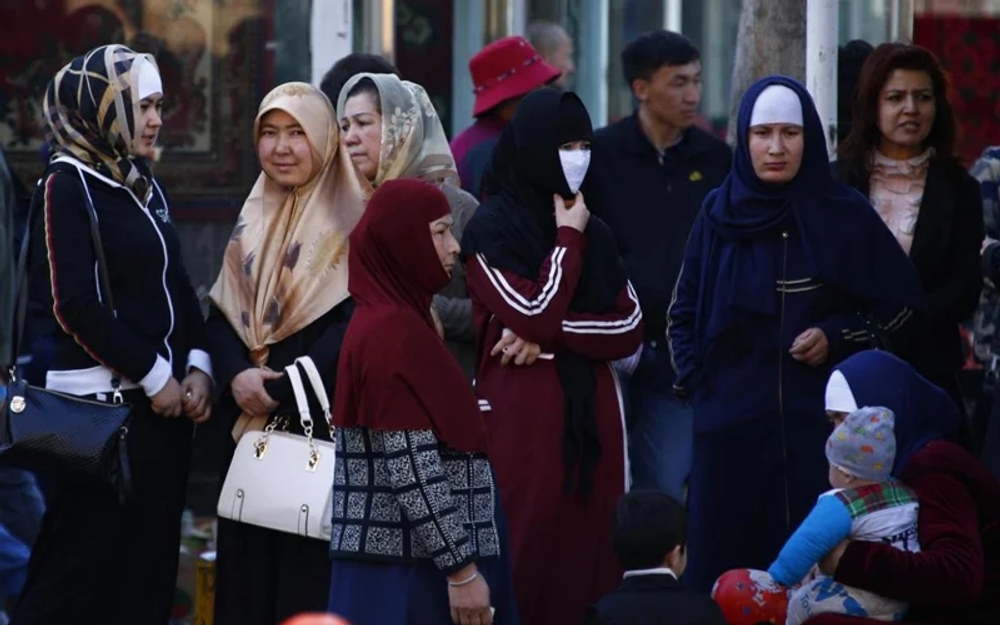Published
- 3 min read
The Unyielding Struggle for Uyghur Rights in the Face of Adversity

Introduction
As global crises dominate international headlines—from the turmoil in the Middle East to Russia’s invasion of Ukraine—the plight of the Uyghur people in China’s Xinjiang Uyghur Autonomous Region continues to escalate. The Chinese government’s systematic repression of the Uyghurs reveals a grave humanitarian crisis that demands urgent attention. In this article, we will explore the ongoing struggles faced by the Uyghur community and the international response to these human rights violations.
The Reality of Uyghur Oppression
The conditions faced by Uyghurs in Xinjiang are alarming. Reports indicate a state-sponsored campaign of cultural erasure, mass incarceration, and forced labor, with estimates suggesting that more than one million Uyghurs are detained in re-education camps. These facilities, touted by the Chinese government as vocational training centers, subject detainees to indoctrination, torture, and forced confessions.
A disturbing instance of this phenomenon occurred when Uyghurs, like Gulmira Imin and Zulpiqar Rozi, were coerced into making false confessions on camera. Such acts highlight the depths of the Chinese government’s manipulation and control, as individuals who endure years of confinement emerge to parrot government narratives crafted under duress.
A Community Resilient in Adversity
Despite these horrific experiences, the Uyghur community exhibits remarkable resilience. Survivors and their families continue to organize and advocate for their rights, calling for international intervention. They have taken their testimonies to global forums, aiming to raise awareness among governments and human rights organizations about the atrocities committed against them. The voices of Uyghur advocates serve as a reminder of the strength and unity that can emerge from dire circumstances.
Global Response and Responsibility
The inaction of the international community in the face of these atrocities is disheartening. Despite comprehensive reports from the United Nations outlining human rights abuses and genocidal practices against the Uyghurs, little has changed in terms of effective international intervention. Advocacy groups and scholars have pressed the UN to take a firmer stance against China’s actions, yet the response has been tepid at best.
In August 2023, UN High Commissioner for Human Rights Volker Türk acknowledged the crisis, yet the Chinese government continues to deny access to international observers, further illustrating its disregard for human rights norms. As the situation remains opaque, we must question what more needs to happen for meaningful action to be taken.
The Role of International Powers
The United States, as a global leader in human rights advocacy, has a critical role to play in addressing the Uyghur crisis. With new administrations, it becomes imperative that the issue of Uyghur rights be prioritized in diplomatic discussions with China. The U.S. must leverage its economic and political influence to hold Beijing accountable for its actions against the Uyghur people.
At recent international gatherings, such as the Asia-Pacific Economic Cooperation (APEC) summit, discussions centered around human rights amidst China’s rising authoritarianism. The U.S. must not shy away from confronting these issues head-on, as they remain central to its values and international standing.
Conclusion
The ongoing oppression of the Uyghur people demands urgent attention and action. While the community shows extraordinary resilience, the international response has lagged, often overshadowed by other pressing geopolitical crises. It is essential for global leaders to recognize the severity of the situation in Xinjiang and to act decisively in addressing these human rights violations.
As we reflect on the plight of the Uyghurs, let us not allow their suffering to go unnoticed. The world must rally together to support human rights for all, ensuring that the voices of the oppressed are amplified rather than silenced. The time to act is now, for inaction only emboldens further violations.
